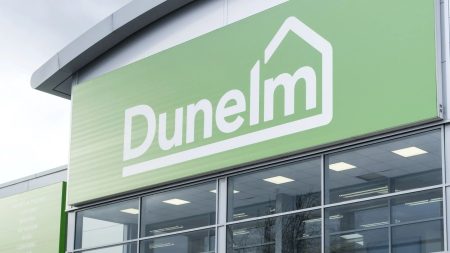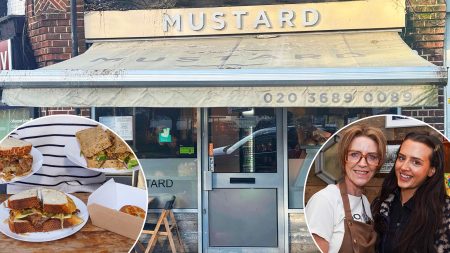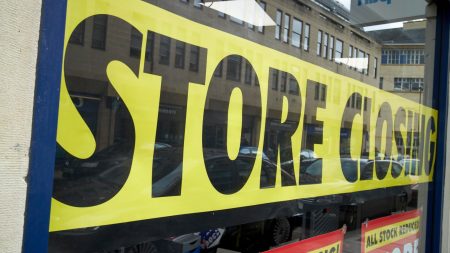The closure of a Starbucks branch within the Cineworld at Sixfields Leisure in Northampton, UK, marks a loss for local coffee lovers and underscores the broader challenges facing the retail sector. The Starbucks closure, effective January 19th, directly follows the decision by Cineworld to shutter its doors at this location. While Starbucks assures its employees, referred to as “partners,” that they will be offered positions at nearby branches, the closure highlights the vulnerability of businesses operating within larger entertainment complexes, particularly when the anchor establishment ceases operations. Two petitions circulated by local residents in an attempt to save the Cineworld garnered hundreds of signatures but ultimately proved unsuccessful. The closure of both businesses leaves a void in the Sixfields Leisure area and underscores the changing landscape of retail and entertainment.
The closure of the Sixfields Starbucks comes as no surprise, given its location within the soon-to-be-shuttered Cineworld. The cinema’s closure is part of a larger trend of Cineworld closures across the UK, driven by financial difficulties and the landlord’s decision to reclaim the properties. Though an Odeon cinema is slated to replace the Cineworld, the future of the Starbucks space remains uncertain. The absence of a confirmed replacement for the coffee shop underscores the challenging conditions faced by retailers, particularly those situated in leisure complexes dependent on the success of anchor tenants. The closure has prompted nostalgic reflections on social media from local residents, who shared memories of their time spent at both Starbucks and Cineworld, highlighting the community impact of these closures.
Starbucks’ departure leaves coffee aficionados in the area with fewer options, forcing them to travel further to other branches in Northampton. This inconvenience highlights the importance of accessible local amenities and the potential impact their closure can have on a community. The incident further accentuates the struggles faced by brick-and-mortar retail businesses in the face of evolving consumer habits, economic pressures, and the rise of online shopping. The closure also evokes broader anxieties about the decline of high street retail and the changing nature of community spaces.
The wave of retail closures sweeping the UK is a complex issue driven by several converging factors. The lingering effects of the pandemic, coupled with the rising cost of living, have forced consumers to tighten their purse strings, impacting sales for many retailers. Simultaneously, soaring energy costs have added further financial pressure, making it difficult for businesses to maintain profitability. The shift towards online shopping, accelerated by pandemic-induced lockdowns, has also contributed to the decline of physical stores. This multifaceted problem shows no signs of abating and poses a significant threat to the future of the high street.
Further exacerbating the challenges for retailers are rising operational costs, including increased employer National Insurance contributions (NICs) and a higher minimum wage. These added expenses further strain an already struggling sector and make it difficult for businesses, especially smaller independent shops, to remain competitive. The Centre for Retail Research (CRR) paints a grim picture for the future, projecting the closure of thousands of retail sites in the coming years and significant job losses. This bleak forecast highlights the severity of the crisis and the urgent need for innovative solutions to support the retail sector.
The closure of the Sixfields Starbucks serves as a microcosm of the larger struggles faced by the UK retail sector. It underscores the impact of changing consumer behavior, economic instability, and increasing operational costs on businesses both large and small. The uncertainty surrounding the coffee shop’s replacement, coupled with the broader trends of store closures and job losses, paints a worrying picture for the future of the high street. The story of this single Starbucks closure reflects the broader narrative of a retail landscape in flux, grappling with significant challenges and searching for a sustainable path forward.











